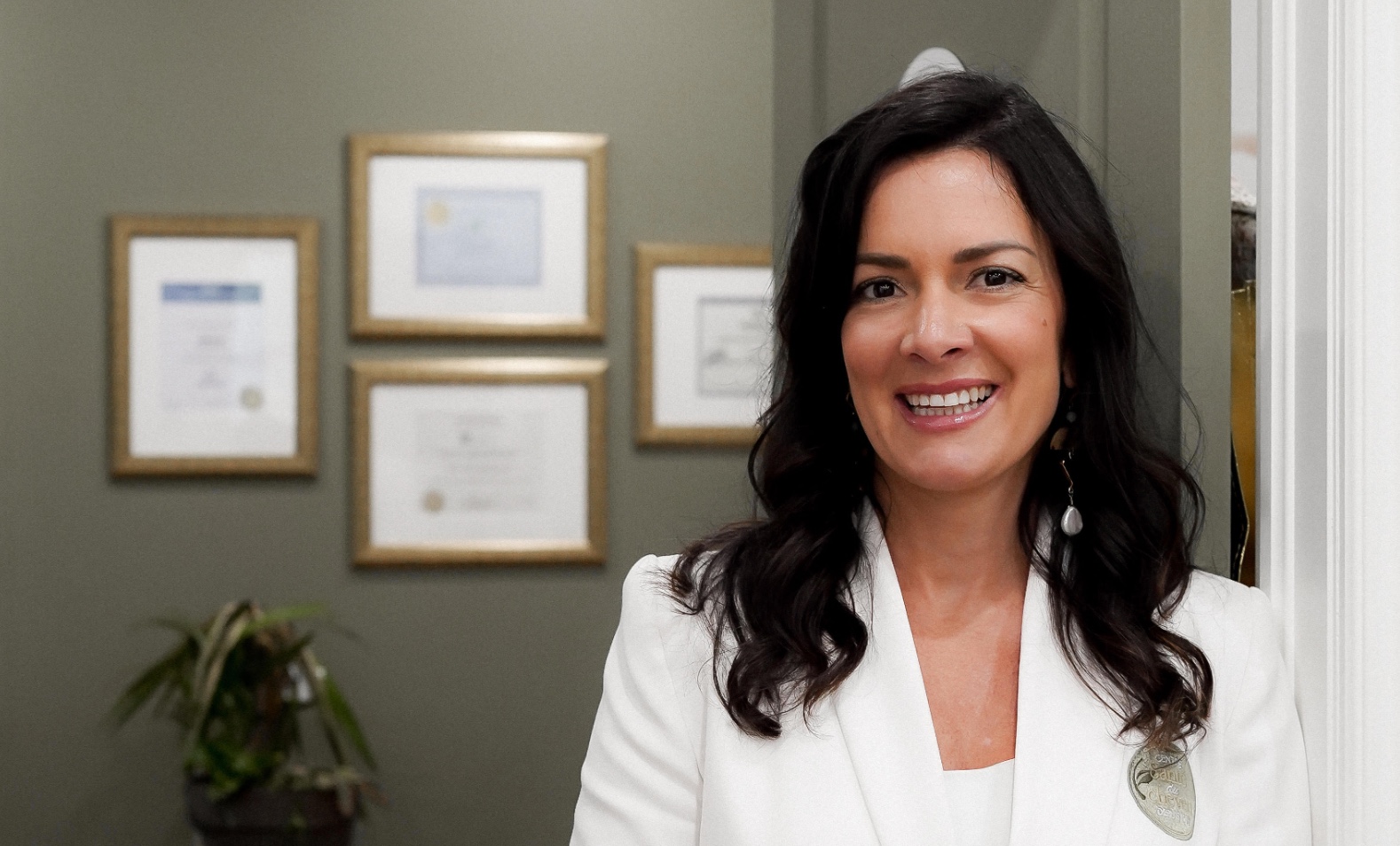Hair Care During Treatments: 5 Questions for a Trichologist
Published on 2023-10-24 (Updated on 2023-11-02)
In collaboration with

There are many questions regarding hair care, which is why the Garde tes Cheveux team met with an expert: Janie Claude, a trichologist and the founder of the Centre Santé du Cheveu. Since 1976, their team has developed expertise in custom hair prostheses and specific care to protect hair before, during, and after cancer treatments.
1 - Why do certain chemotherapies affect hair?
It's essential to understand that chemotherapy targets rapidly dividing cells. Unfortunately, the treatment cannot differentiate between healthy and cancerous cells. As a result, it affects all cells, including hair follicle cells responsible for hair growth. When chemotherapy targets these cells, it can cause temporary damage or the destruction of hair follicles, leading to hair loss. The types of chemotherapy, dosages, treatment durations, and individual sensitivity levels vary from person to person, explaining why hair loss can vary in severity or not occur at all in some individuals. It's reassuring to know that hair loss due to chemotherapy is generally temporary. Hair tends to regrow a few weeks to a few months after treatment ends. However, it's important to note that the texture, color, and hair growth may differ from their previous state, and it may take some time for them to return to their normal appearance.
2 - What care should be considered when using cold caps?
During treatments, hair becomes fragile and brittle. It's essential to handle them with care and use gentle, fragrance-free, preferably natural, and nourishing products to protect the scalp and hair. For instance, but not limited to, the Térapo Médik range offers an ideal well-being solution to maintain optimal hair health. To minimize damage, it's recommended to wash hair once a week with cool water. Cleaning remains a crucial step in preserving optimal hair health by removing scalp sebum and dead cells to create an environment conducive to regrowth.
3 - What is the importance of knowing our hair type and making appropriate choices?
Chemotherapy treatments can often lead to discomfort on the scalp, such as itching, sensitivity, irritation, burning, or tingling. These symptoms affect individuals differently, and their origins can vary. It's essential to know your hair type and choose products accordingly. Using hair masks or moisturizing products can help alleviate these discomforts. It's worth noting that wearing a hair prosthesis or volumizer may increase these sensations of discomfort, so it's recommended to wear them only when necessary.
4 - What can be done to promote healthy hair regrowth?
To promote healthy hair regrowth, ensure you maintain a varied diet rich in vitamins, minerals, and amino acids. A balanced intake of proteins is also essential for hair health and growth. Maintaining adequate hydration by drinking enough water is also important. A moisturizing treatment will help balance the pH of the scalp and provide you with great comfort. Once your cancer treatments are complete (within 30 days of your last treatment), we will ensure gentle stimulation of your hair regrowth. Our trichologists specialize in hair health and will offer you gentle, natural care tailored to your specific needs.
5.What are the recommendations regarding hair coloring during treatments?
While it is not recommended to dye your hair during treatments until hair loss has stabilized, which can take up to 6 months post-treatment, it's reassuring to know that solutions exist (but they should not be chosen arbitrarily). If you decide to dye your hair, it's important to opt for gentle and natural coloring solutions, such as vegetable coloring and mineral coloring. These alternatives allow you to maintain hair color while preserving hair health.
Expressing <span>gratitude</span> 
Thanks to Janie Claude from the <a href="https://santeducheveu.com/" target="_blank">Centre Santé du Cheveu</a> for answering all our questions.


